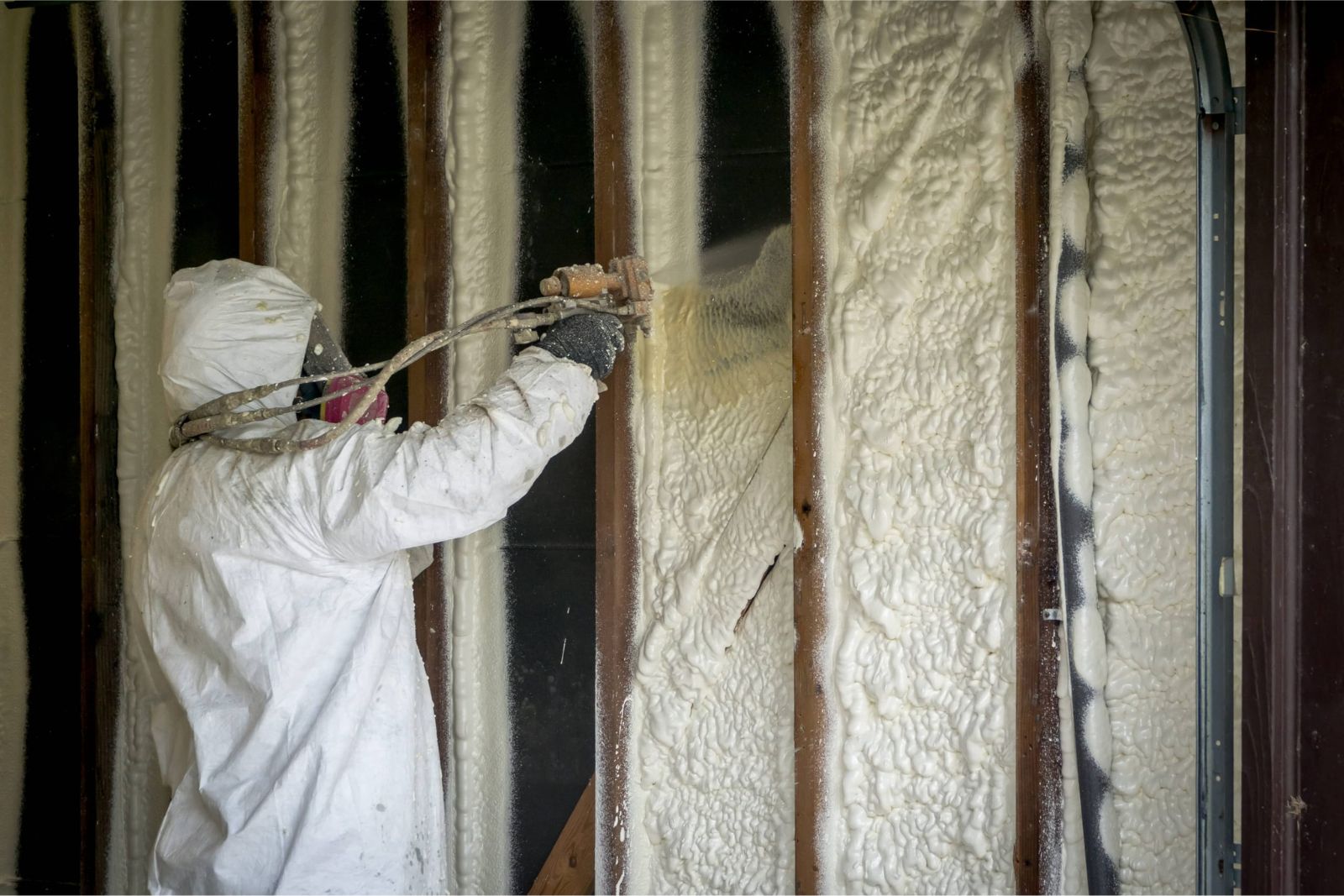

Articles
What Is Spray Insulation
Modified: January 20, 2024
Discover the benefits and applications of spray insulation in this informative article. Learn how to effectively insulate your home and make it more energy-efficient.
(Many of the links in this article redirect to a specific reviewed product. Your purchase of these products through affiliate links helps to generate commission for Storables.com, at no extra cost. Learn more)
Introduction
In today’s environmentally-conscious world, finding efficient and sustainable solutions for insulation is essential. One such solution that has gained popularity in recent years is spray insulation. Spray insulation is a versatile and effective method used to improve energy efficiency and reduce heating and cooling costs in residential and commercial buildings. This article will provide a comprehensive overview of spray insulation, including its definition, how it works, the different types available, the benefits it offers, the application process, the cost involved, and the factors to consider before choosing spray insulation for your home or business.
Key Takeaways:
- Spray insulation creates an airtight barrier, reducing energy consumption and providing superior thermal performance, soundproofing, and moisture control for residential and commercial buildings.
- Consider factors such as building type, budget, and long-term benefits when choosing spray insulation, ensuring energy efficiency, comfort, and compliance with building codes and regulations.
Read more: What Is The Best Spray Foam Insulation
Definition of Spray Insulation
Spray insulation, also known as spray foam insulation, is a type of insulation material that is applied using a spray gun. It is made up of a combination of two chemical components: polyol resin and isocyanate. When these components are mixed together, they react and expand, forming a foam-like substance that fills the cavities and gaps in walls, roofs, and other areas in buildings.
The foam insulation material created by the reaction of polyol resin and isocyanate has excellent thermal insulating properties. It provides a highly effective barrier against heat transfer, preventing air leakage and reducing the transfer of heat between the inside and outside of a building. This helps to maintain a more consistent indoor temperature, reducing the need for excessive heating or cooling and ultimately lowering energy consumption and costs.
Spray insulation comes in two main varieties: open-cell and closed-cell foam. Open-cell foam is softer and has a lower density, allowing for more air movement within the material. Closed-cell foam, on the other hand, has a higher density and is more rigid, providing a stronger and more effective air and moisture barrier.
Spray insulation is known for its versatility in application. It can be used in various areas of a building, including walls, ceilings, attics, crawl spaces, and even around pipes and electrical outlets. It can adapt to irregular surfaces and fill gaps of all shapes and sizes, ensuring a seamless and airtight installation.
Overall, spray insulation is a highly efficient and durable insulation solution that offers numerous advantages over traditional insulation materials. Its ability to provide a superior thermal barrier and its versatility in application make it a popular choice for both residential and commercial properties.
How Spray Insulation Works
Spray insulation works by creating a barrier between the inside and outside of a building, preventing the exchange of heat and ensuring optimal energy efficiency. The process of applying spray insulation involves using a spray gun to mix and spray the two chemical components, polyol resin and isocyanate, onto the desired surfaces. When these components combine, they undergo a chemical reaction and expand, creating a foam-like material that adheres to the surfaces and fills any gaps or cavities.
As the foam expands, it tightly seals off any air leaks and creates a continuous layer of insulation that provides superior thermal performance. The foam insulation material effectively blocks heat transfer through conduction, convection, and radiation.
Conduction is the transfer of heat through solid materials. Spray insulation creates a solid barrier, reducing the conduction of heat between the interior and exterior of a building.
Convection is the transfer of heat through the movement of air. Spray insulation forms an airtight seal, preventing the flow of air and minimizing heat transfer by convection.
Radiation is the transfer of heat in the form of electromagnetic waves. Spray insulation’s dense foam material reflects and absorbs radiant heat, decreasing the amount of heat entering or escaping the building.
The efficiency of spray insulation is further enhanced by its ability to fill even the smallest gaps and irregular spaces. It can expand and conform to the contours of the surfaces it is applied to, ensuring a complete and thorough coverage. This ability to create a seamless and airtight barrier contributes to the reduction of energy loss and provides a more comfortable indoor environment.
In addition to its insulation properties, spray foam also offers some soundproofing benefits. The foam helps to absorb and reduce noise transmission, improving the acoustics within a building and providing a quieter living or working environment.
Overall, spray insulation is an effective method of insulation that works by creating a barrier against heat transfer. Its ability to seal air leaks, fill gaps, and provide superior thermal and sound insulation makes it a valuable choice for energy-efficient buildings.
Types of Spray Insulation
When it comes to spray insulation, there are two main types available: open-cell foam and closed-cell foam. Both types offer unique characteristics and benefits, allowing for versatile applications depending on the specific insulation needs of a building.
1. Open-cell foam insulation:
- Open-cell foam is a lighter and softer type of spray insulation, characterized by its low density.
- It is called “open-cell” because the foam cells are not fully closed, allowing air to permeate through the material.
- This type of insulation provides excellent soundproofing capabilities due to its ability to absorb noise.
- Open-cell foam has a lower R-value compared to closed-cell foam, meaning it provides a slightly lower thermal resistance.
- It is typically used in areas where soundproofing and moisture control are a priority, such as interior walls, attics, and ceilings.
- However, it may not be the best choice for areas prone to moisture or in need of higher insulation values.
2. Closed-cell foam insulation:
- Closed-cell foam insulation is a denser and more rigid type of spray insulation.
- Unlike open-cell foam, the cells in closed-cell foam are completely closed, making it impermeable to air and moisture.
- As a result, it provides a higher R-value, offering superior thermal resistance and energy efficiency.
- Closed-cell foam is highly moisture-resistant, making it suitable for areas prone to water exposure, such as basements, roofs, and exterior walls.
- It also provides structural support and can strengthen the overall integrity of a building.
- This type of spray insulation is preferred for its exceptional insulation properties, durability, and resistance to mold and pests.
Both open-cell and closed-cell foam insulation have their own advantages, and the choice between the two depends on factors such as the desired insulation level, the application area, and the budget. It is always recommended to consult with a professional insulation contractor to determine the most suitable type of spray insulation for your specific needs.
Benefits of Spray Insulation
Spray insulation offers a wide range of benefits that make it a popular choice for both residential and commercial applications. Let’s explore some of the key advantages of using spray insulation in your building:
- 1. Energy Efficiency: One of the primary benefits of spray insulation is its exceptional thermal performance. By creating an airtight seal and minimizing heat transfer, it helps maintain a consistent indoor temperature, reducing the need for excessive heating or cooling. This translates to lower energy consumption and significant savings on utility bills.
- 2. Reduced Air Leakage: Spray insulation fills gaps, cracks, and voids, creating a seamless barrier that effectively seals off air leaks. This helps to eliminate drafts and ensure a more comfortable living or working environment.
- 3. Moisture Control: Closed-cell foam insulation has excellent moisture resistance, preventing the buildup of condensation and preventing moisture-related issues such as mold growth and rot. It helps protect the structural integrity of the building and improves indoor air quality.
- 4. Noise Reduction: Spray insulation, especially open-cell foam, has sound-absorbing properties that help reduce noise transmission. It can improve the acoustic performance of a building, providing a quieter and more peaceful environment.
- 5. Versatility: Spray insulation can be applied to various surfaces, including walls, floors, attics, roofs, and even around pipes and electrical outlets. Its ability to adapt to irregular shapes and fill gaps of all sizes makes it suitable for different types of buildings and construction projects.
- 6. Durability: Spray insulation, particularly closed-cell foam, is highly durable. It does not sag or settle over time, maintaining its insulating properties for the life of the building. It provides long-term energy savings and helps increase the overall lifespan of the structure.
- 7. Environmental Friendliness: Spray insulation can contribute to a greener and more sustainable environment. Its energy-saving qualities help reduce greenhouse gas emissions and minimize the carbon footprint of a building.
It is important to note that the benefits of spray insulation can vary depending on factors such as the type of foam used, the thickness of the application, and the overall design and condition of the building. To maximize the benefits and ensure optimal insulation performance, it is recommended to consult with a professional insulation contractor who can assess your specific needs and provide tailored recommendations.
Spray insulation is a type of insulation that is applied as a liquid and then expands to fill and seal gaps and cracks. It is commonly used in attics, walls, and crawl spaces to improve energy efficiency and reduce air leakage.
Application Process of Spray Insulation
The application process of spray insulation involves several steps to ensure proper installation and maximize its effectiveness. Here is an overview of the typical process:
- Preparation: Before applying spray insulation, the area to be insulated must be carefully prepared. This includes removing any debris, dust, or loose materials from the surfaces to ensure proper adhesion.
- Mixing: The two chemical components of spray insulation, polyol resin and isocyanate, are mixed together in the correct proportions using a specialized spray gun. It is essential to follow the manufacturer’s instructions and safety guidelines during the mixing process.
- Application: Once the chemicals are mixed, the spray gun is used to apply the foam insulation material onto the desired surfaces. The installer should move the spray gun steadily and evenly, ensuring a consistent and uniform application.
- Expansion: As the foam insulation material is sprayed, it quickly expands to fill gaps, cracks, and cavities. It adheres to the surfaces and creates a seamless barrier that provides optimal insulation performance.
- Curing: After application, the spray foam insulation needs time to cure and solidify. The curing time can vary depending on the specific product used and the environmental conditions. It is important to allow sufficient time for the foam to fully cure before proceeding with any further construction or insulation activities.
- Trimming and Finishing: Once the foam insulation has cured, any excess material can be trimmed and removed to achieve a neat and clean appearance. This may involve cutting or shaping the foam to ensure it aligns with the desired finished surface.
It is crucial to note that the application of spray insulation should be performed by trained professionals with experience in handling the materials and equipment safely. They have the expertise to ensure the correct mixing ratios, appropriate application techniques, and adherence to safety protocols throughout the process.
Additionally, depending on the specific project requirements, additional protective measures such as covering windows, fixtures, and sensitive equipment may be necessary to prevent overspray or damage during the application process.
By following these proper application procedures, spray insulation can provide a seamless and effective insulation solution, improving energy efficiency and comfort in residential and commercial buildings.
Cost of Spray Insulation
The cost of spray insulation can vary depending on various factors such as the size of the area to be insulated, the type of spray foam used, the location, and the professional installation charges. It is important to obtain accurate quotes from reputable insulation contractors to get a realistic estimate for your specific project. Here are some key factors that can influence the cost of spray insulation:
- 1. Size of the Area: The larger the area that needs to be insulated, the higher the cost. The square footage of the space plays a significant role in determining the amount of spray foam required and, subsequently, the overall cost.
- 2. Type of Spray Foam: The cost can also vary based on the type of spray foam insulation chosen. Closed-cell foam generally has a higher price point compared to open-cell foam due to its superior insulation properties and denser composition.
- 3. Thickness of the Application: The thickness or depth at which the spray foam is applied can impact the cost. Thicker applications require more insulation material and may lead to higher costs.
- 4. Accessibility: The accessibility of the area to be insulated can influence the cost. If the space is difficult to access or requires additional preparations, such as moving furniture or covering delicate items, it may involve additional labor and time, resulting in increased costs.
- 5. Location: The cost of spray insulation can also vary based on the geographical location. Factors such as local labor rates, supply and demand, and regional market conditions can influence pricing.
- 6. Additional Factors: Other factors that can impact the cost include the complexity of the project, the need for any surface preparation or repairs before insulation, and any specific requirements or customization requested.
While the cost of spray insulation may be higher compared to other insulation methods, it is important to consider the long-term benefits and potential energy savings it offers. Properly installed spray insulation can significantly reduce energy consumption, resulting in lower utility bills over time. It also adds value to your property by improving its energy efficiency and creating a more comfortable living or working environment.
As with any home improvement project, it is advisable to obtain multiple quotes from different insulation contractors and select a reputable professional with proper credentials and experience. Remember, choosing a qualified installer can ensure that the spray insulation is applied correctly, maximizing its effectiveness and longevity.
Factors to Consider Before Choosing Spray Insulation
Before deciding on spray insulation for your building, it is important to consider several factors to ensure it is the right choice for your specific needs. Here are some key factors to consider before choosing spray insulation:
- 1. Building Type: Consider the type of building you have, whether it is a residential home, commercial property, or industrial facility. Each building type may have different insulation requirements and regulations to comply with.
- 2. Insulation Needs: Assess your insulation needs carefully. Consider factors such as the climate in your area, desired R-value, moisture control requirements, noise reduction goals, and any specific insulation challenges you may be facing.
- 3. Budget: Determine your budget for the insulation project. Spray insulation may have a higher upfront cost compared to other insulation methods, and it is essential to ensure it fits within your budgetary constraints.
- 4. Energy Efficiency Goals: Evaluate your energy efficiency goals and priorities. If reducing energy consumption and lowering utility bills are important to you, spray insulation’s superior thermal performance can help you achieve those goals.
- 5. Long-term Benefits: Consider the long-term benefits of spray insulation. While the initial cost may be higher, the potential energy savings and improved comfort can provide significant returns on investment over time.
- 6. Compatibility with Existing Structures: Determine if spray insulation is compatible with your existing building structures. Consider factors such as the type of materials used in construction, any potential restrictions, and the compatibility of spray foam with the building’s components.
- 7. Environmental Impact: If environmental impact is a concern, consider the eco-friendliness of spray insulation. Look for products that have low VOC (volatile organic compounds) emissions and are certified as environmentally safe.
- 8. Professional Installation: Proper installation is crucial for the effectiveness of spray insulation. Consider hiring a professional insulation contractor with expertise in spray insulation to ensure a quality installation.
- 9. Building Code and Regulations: Familiarize yourself with local building codes and regulations regarding insulation requirements. Ensure that spray insulation meets the necessary standards and complies with any specific requirements in your region.
- 10. Warranty and Maintenance: Inquire about the warranty offered by the spray insulation manufacturer and the recommended maintenance procedures. Understanding the warranty coverage and maintenance requirements will help you make an informed decision.
By carefully considering these factors, you can determine if spray insulation is the right choice for your building and ensure that it addresses your specific insulation needs effectively.
Conclusion
Spray insulation is a versatile and effective solution for improving energy efficiency, reducing utility costs, and enhancing comfort in residential and commercial buildings. By creating an airtight seal and minimizing heat transfer, spray insulation provides superior thermal performance compared to traditional insulation methods.
In this article, we have explored the definition of spray insulation, how it works, the different types available (open-cell and closed-cell foam), and the numerous benefits it offers. Spray insulation not only helps to reduce energy consumption but also provides soundproofing qualities, moisture control, and increased durability for buildings.
When considering spray insulation, it is essential to assess factors such as your building type, insulation needs, budget, and long-term benefits. Additionally, compatibility with existing structures, environmental impact, adherence to building codes, and the importance of professional installation should be taken into account.
While spray insulation may have a higher upfront cost compared to other insulation methods, its long-term benefits, including energy savings and improved comfort, can provide a significant return on investment. It is worth consulting with a professional insulation contractor to ensure proper installation and to maximize the insulation’s effectiveness.
In conclusion, spray insulation is an excellent choice for those seeking an efficient and durable insulation solution. Its ability to create an airtight barrier, offer superior thermal performance, and provide other benefits such as moisture control and soundproofing makes it a desirable option for both residential and commercial buildings. Consider all the factors discussed in this article, and make an informed decision based on your specific needs and goals. With spray insulation, you can achieve a more energy-efficient and comfortable living or working environment while contributing to a greener and more sustainable future.
Frequently Asked Questions about What Is Spray Insulation
Was this page helpful?
At Storables.com, we guarantee accurate and reliable information. Our content, validated by Expert Board Contributors, is crafted following stringent Editorial Policies. We're committed to providing you with well-researched, expert-backed insights for all your informational needs.
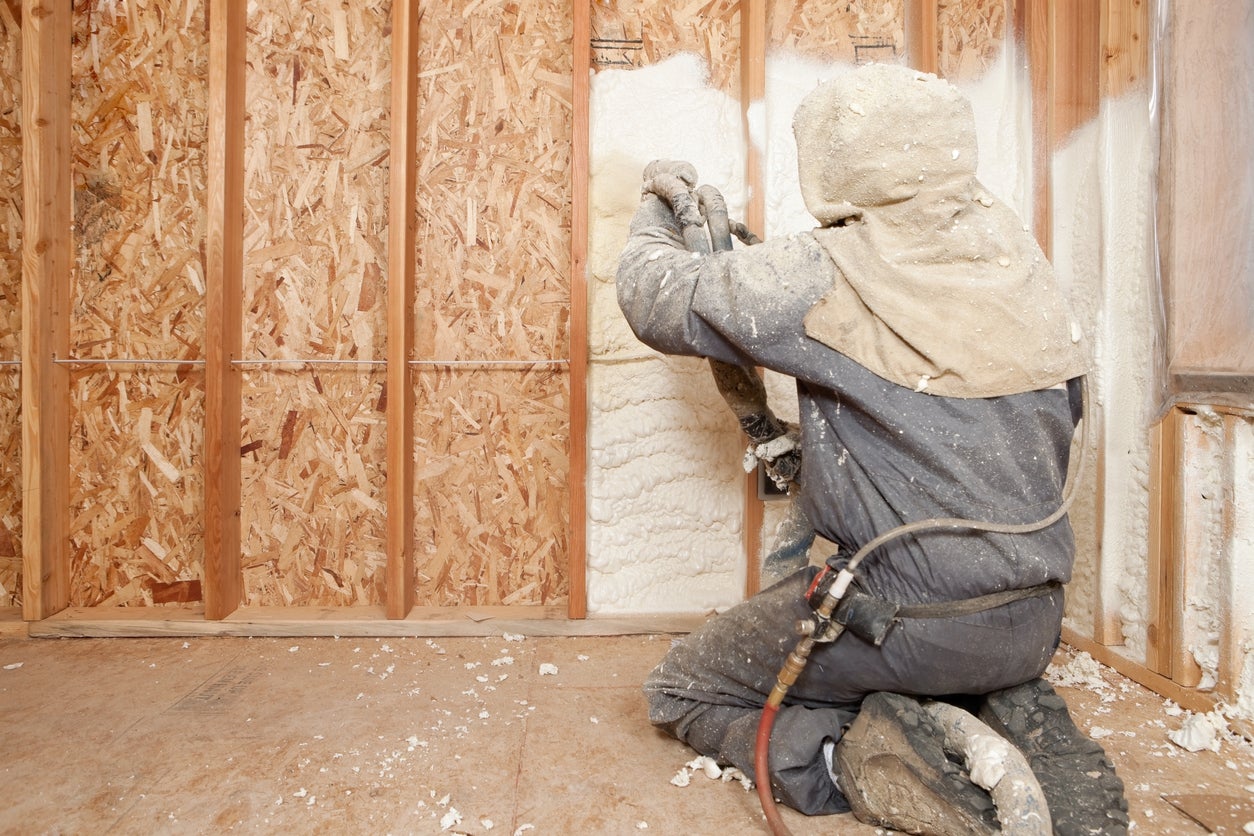
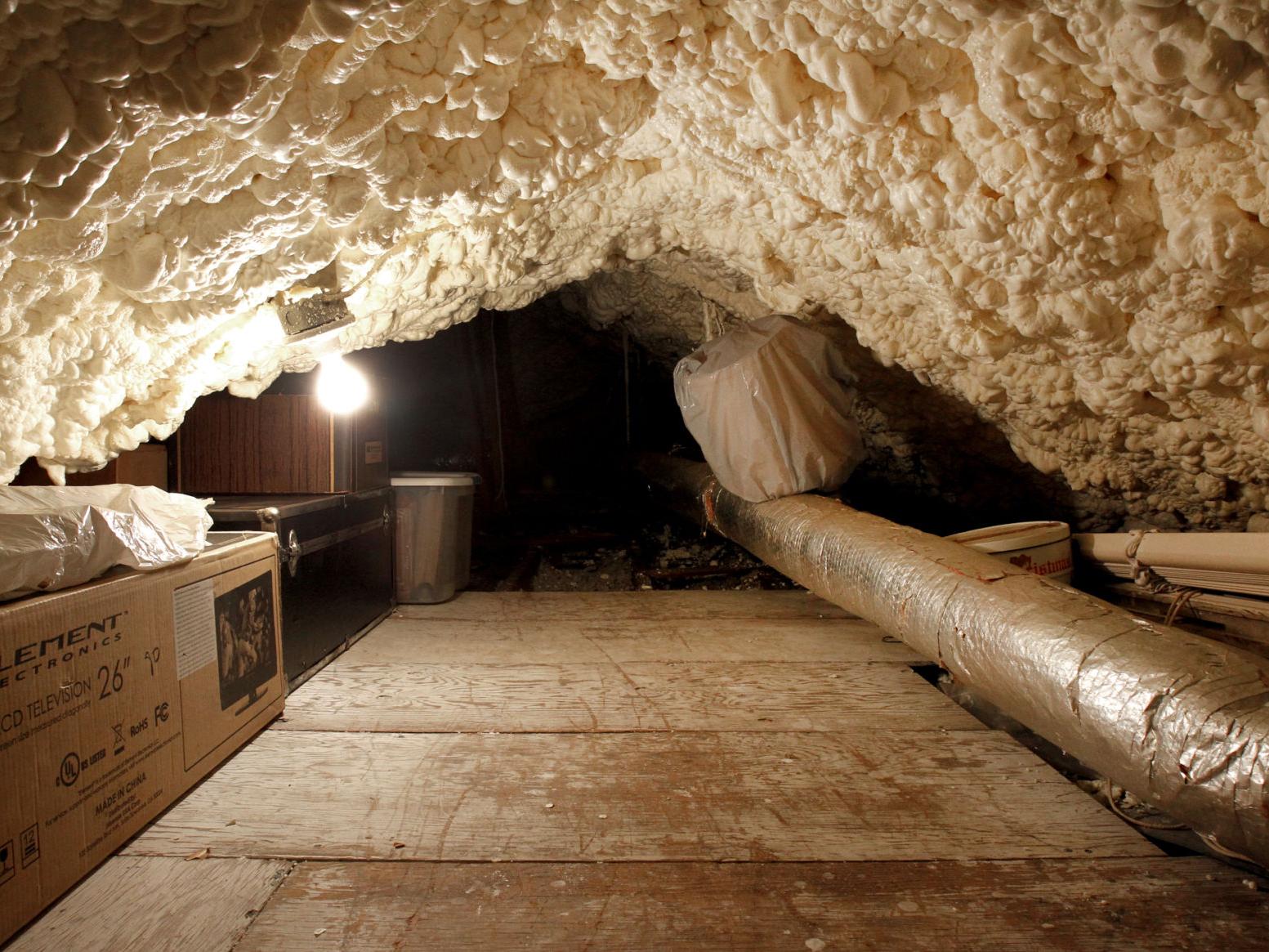
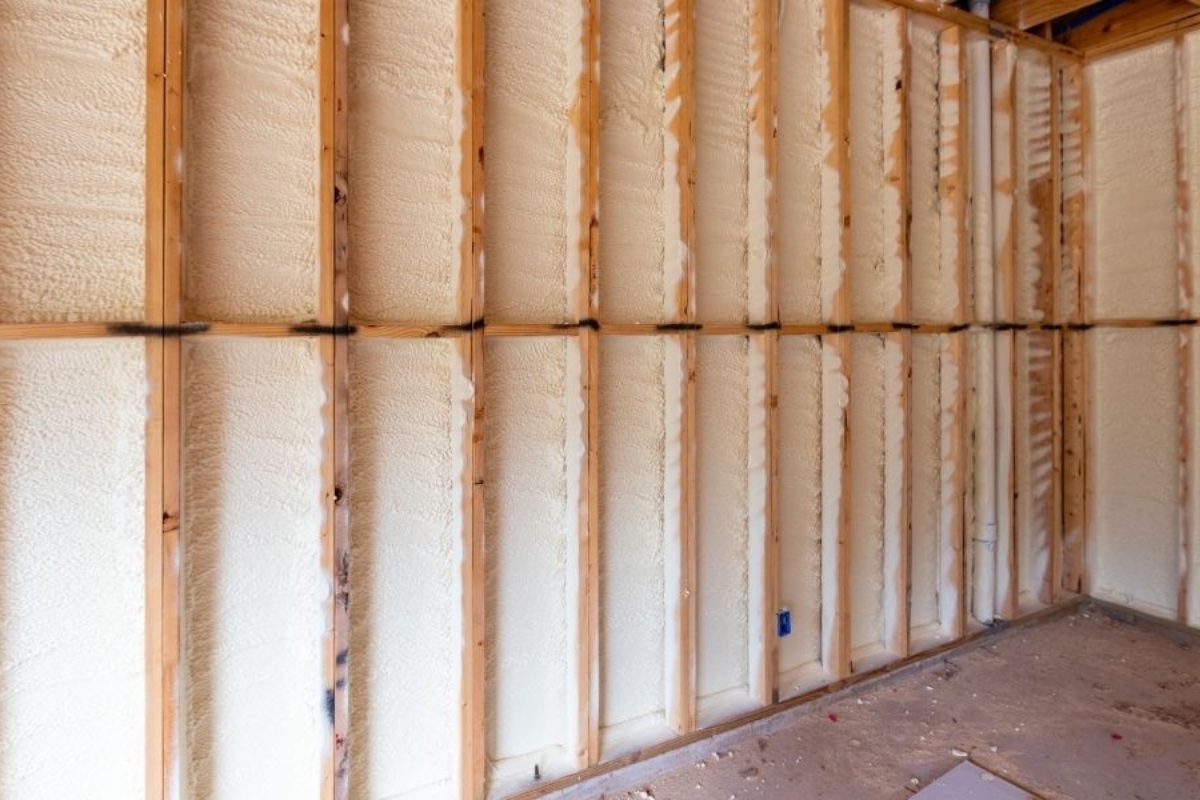
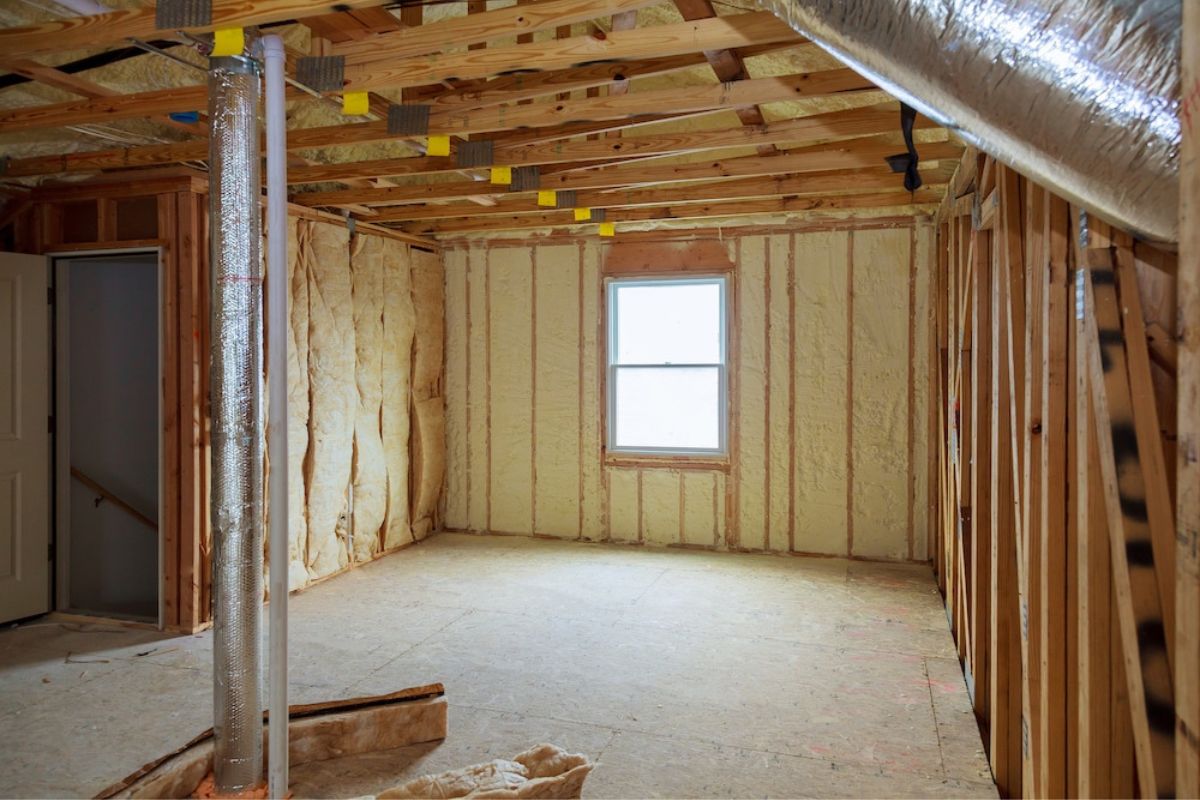
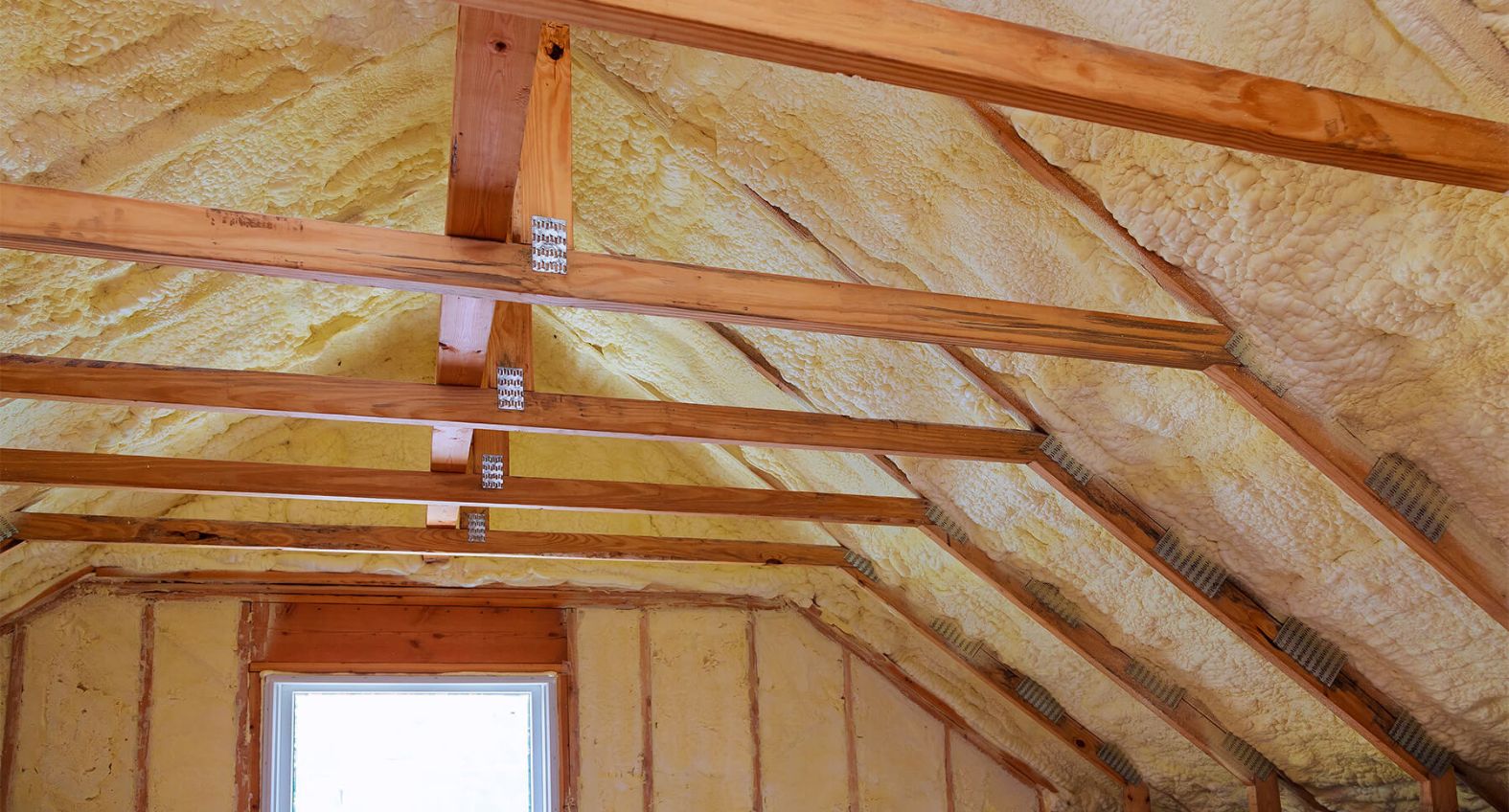
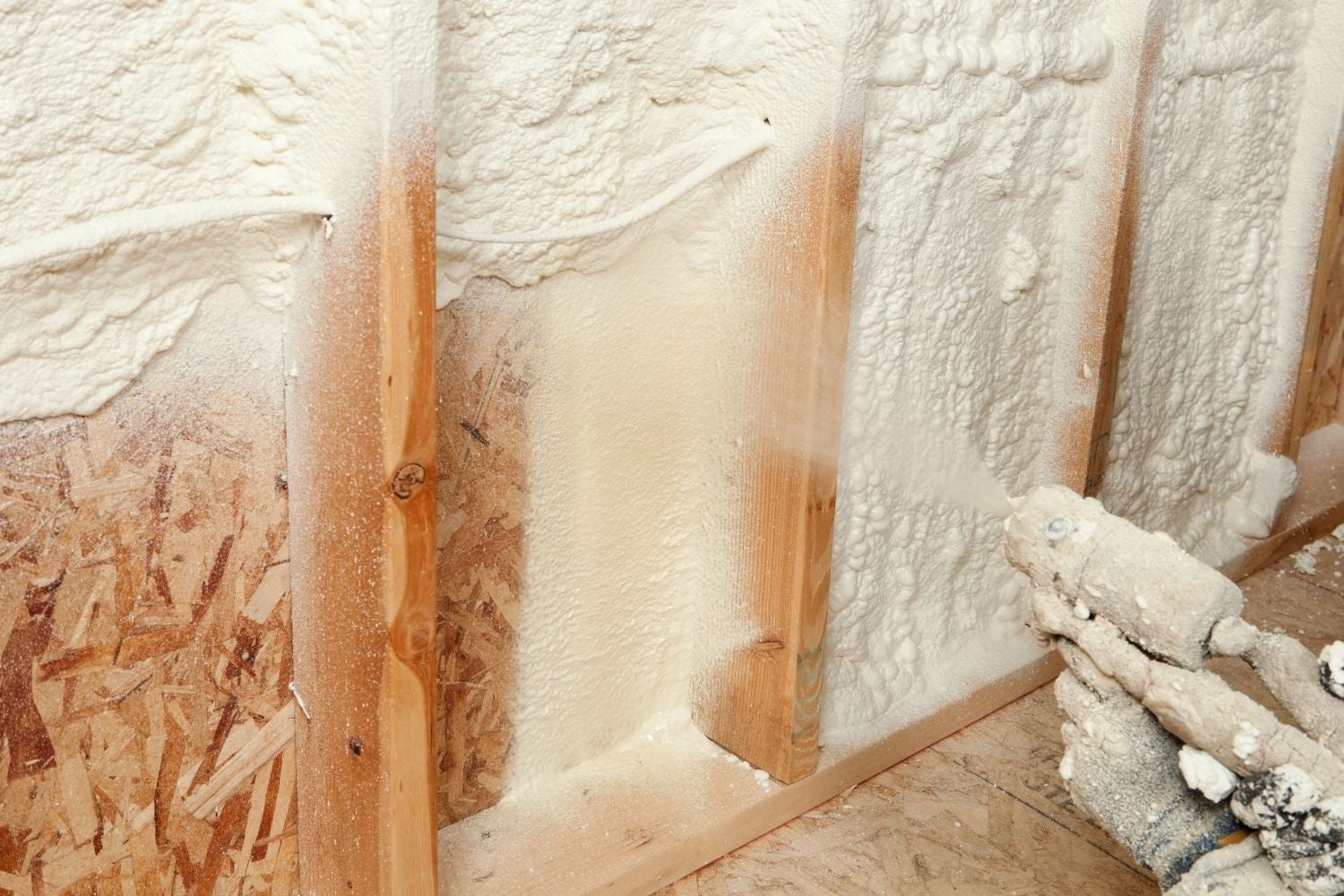
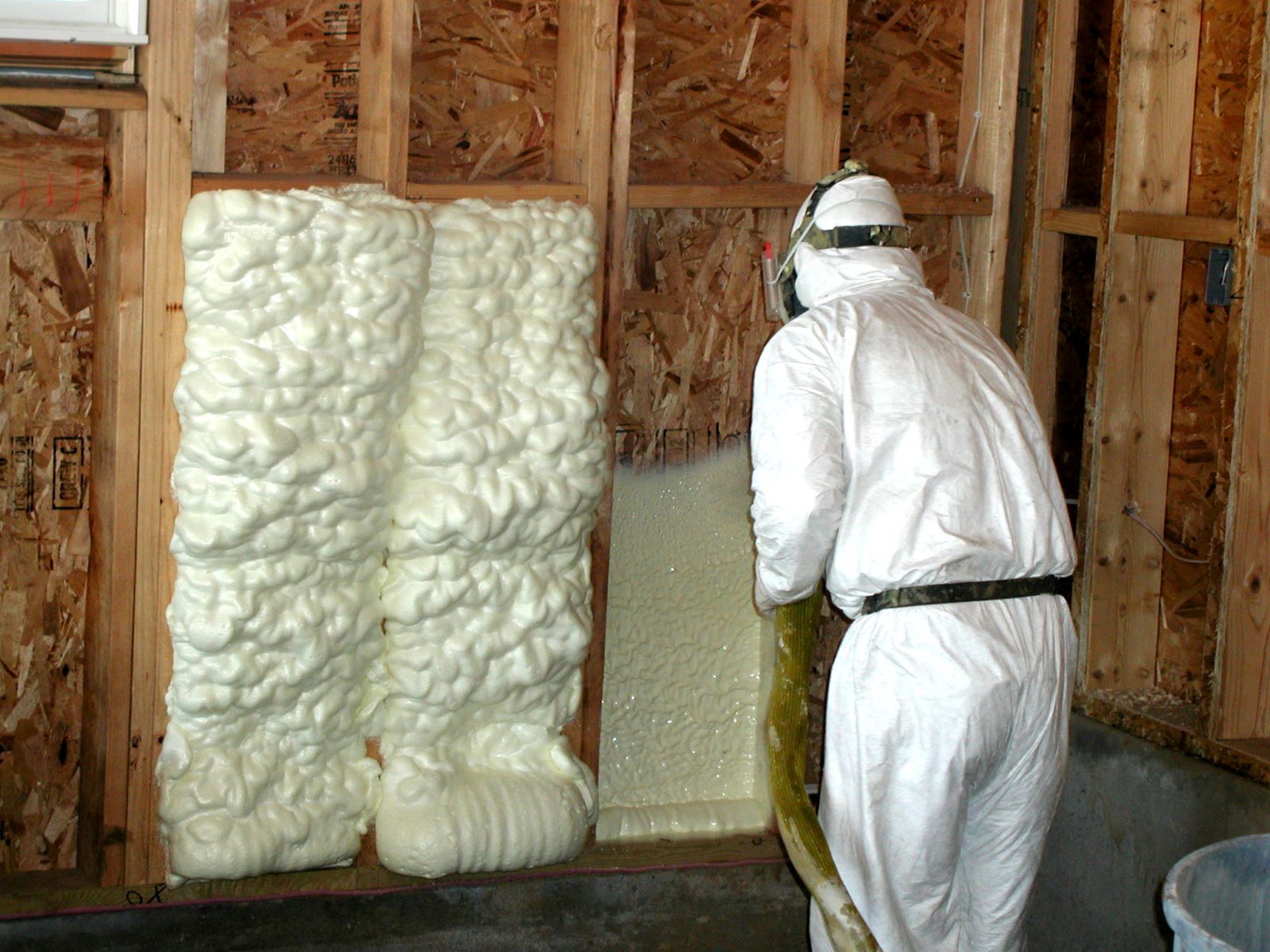
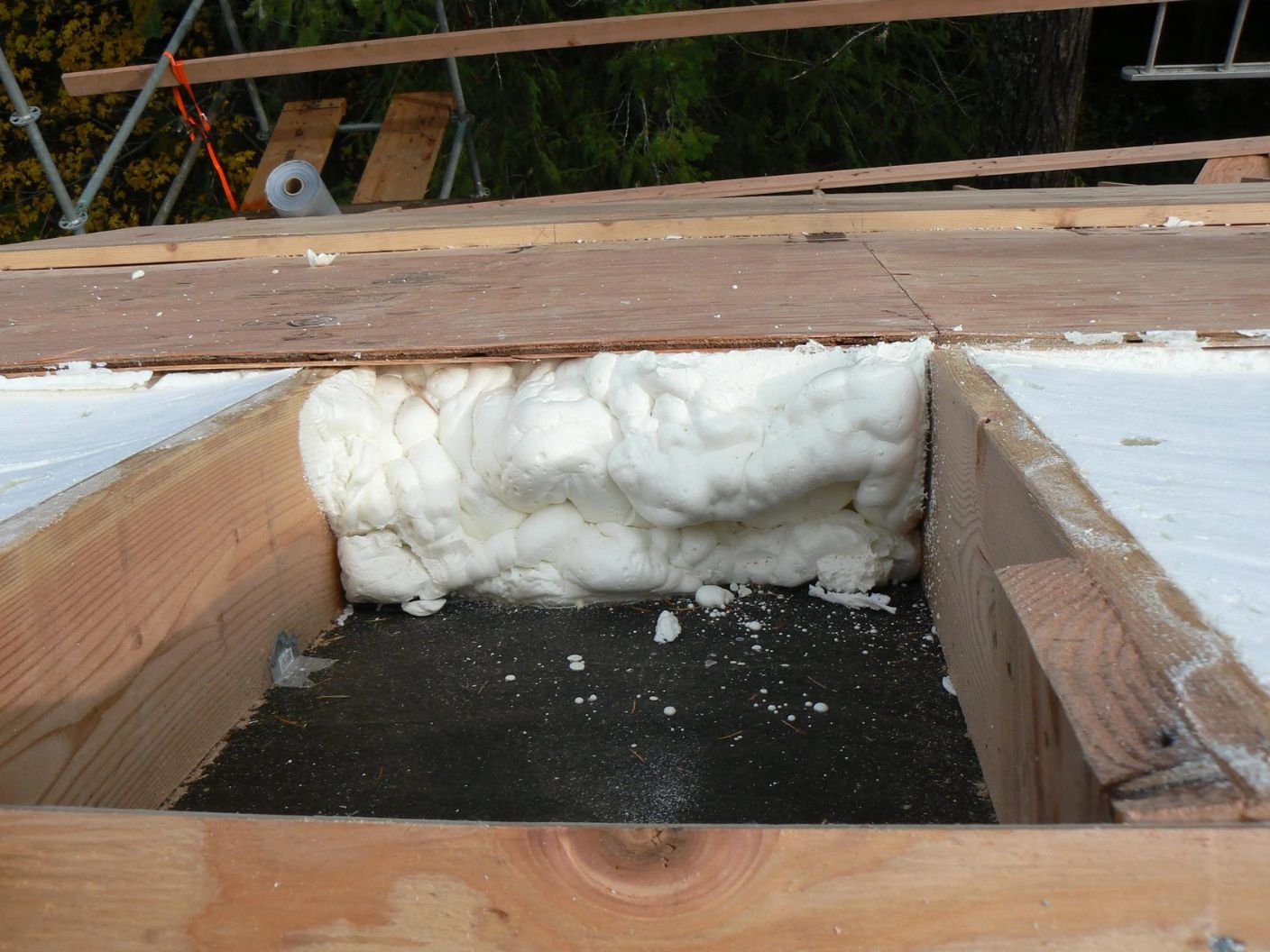
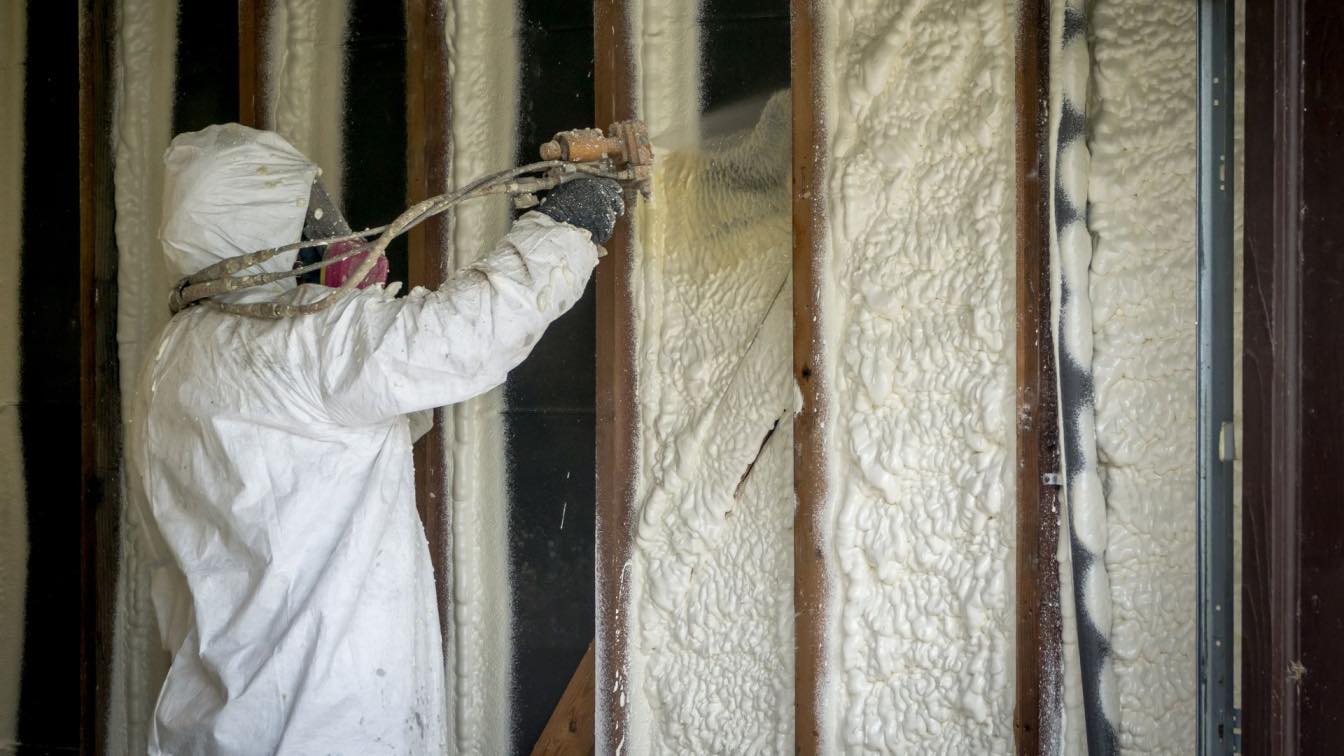
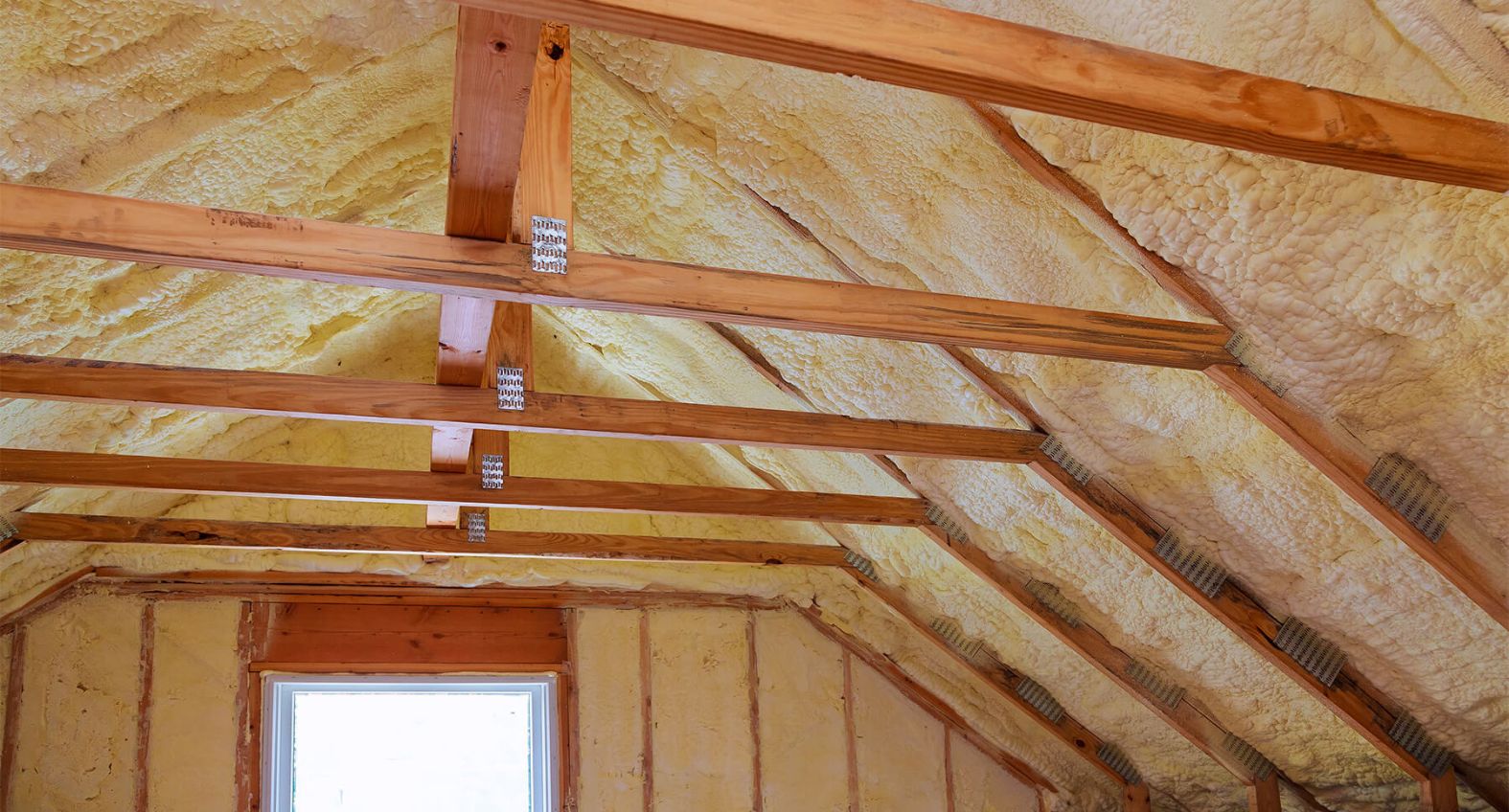
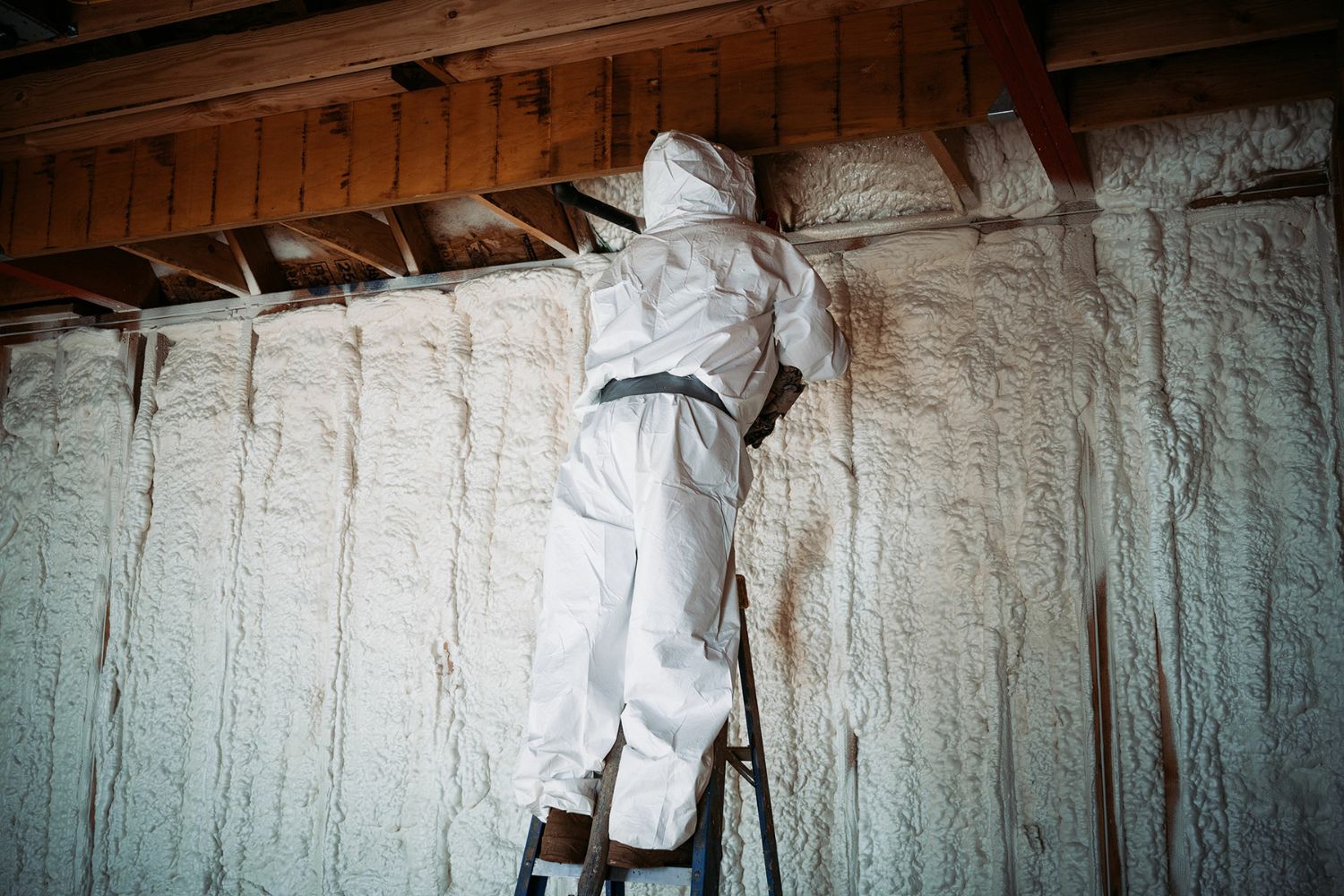
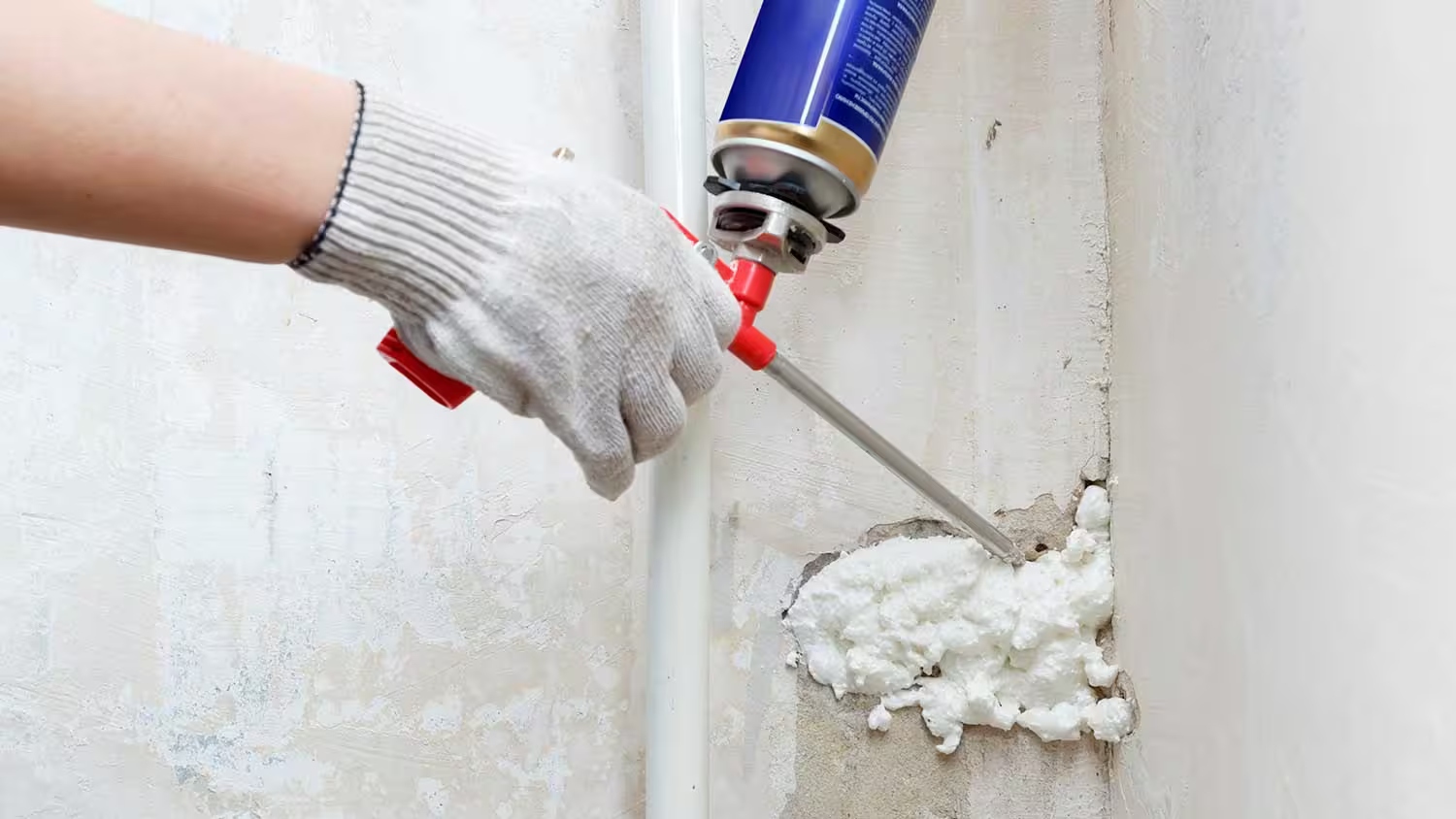
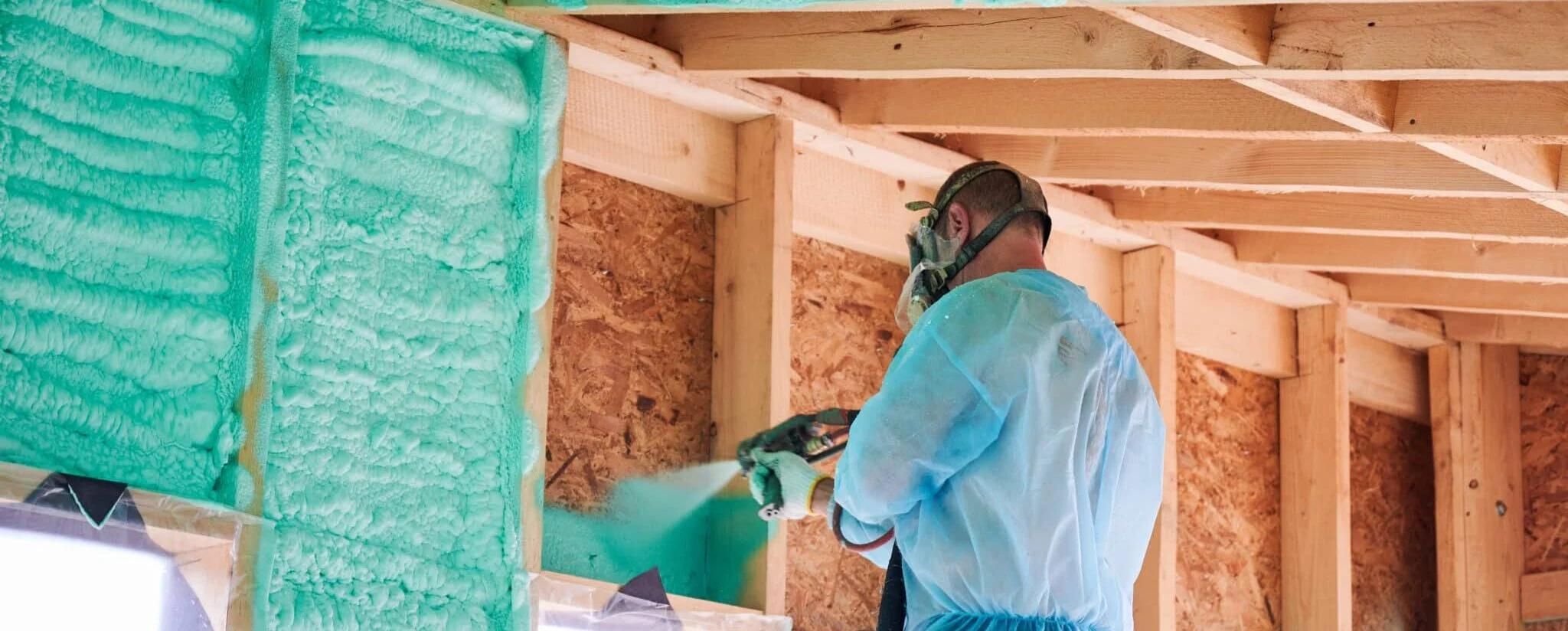
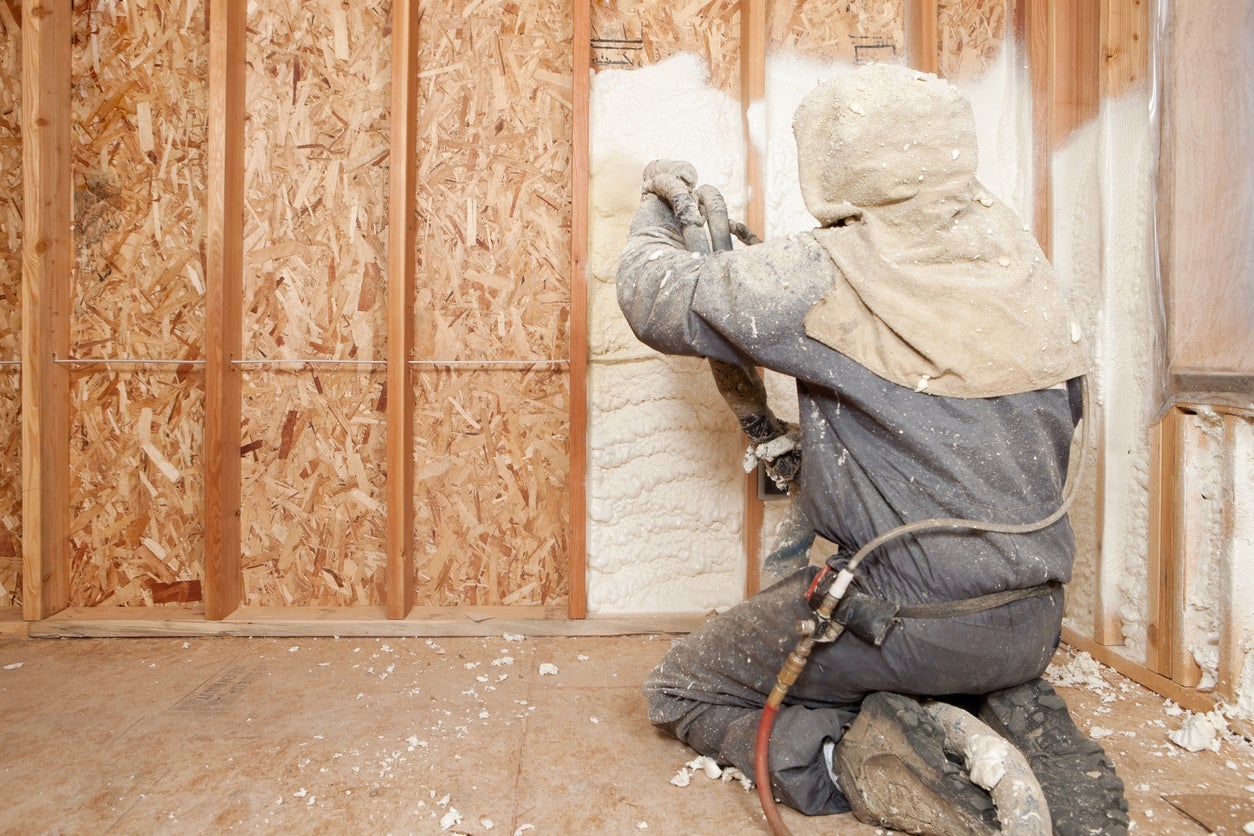

0 thoughts on “What Is Spray Insulation”